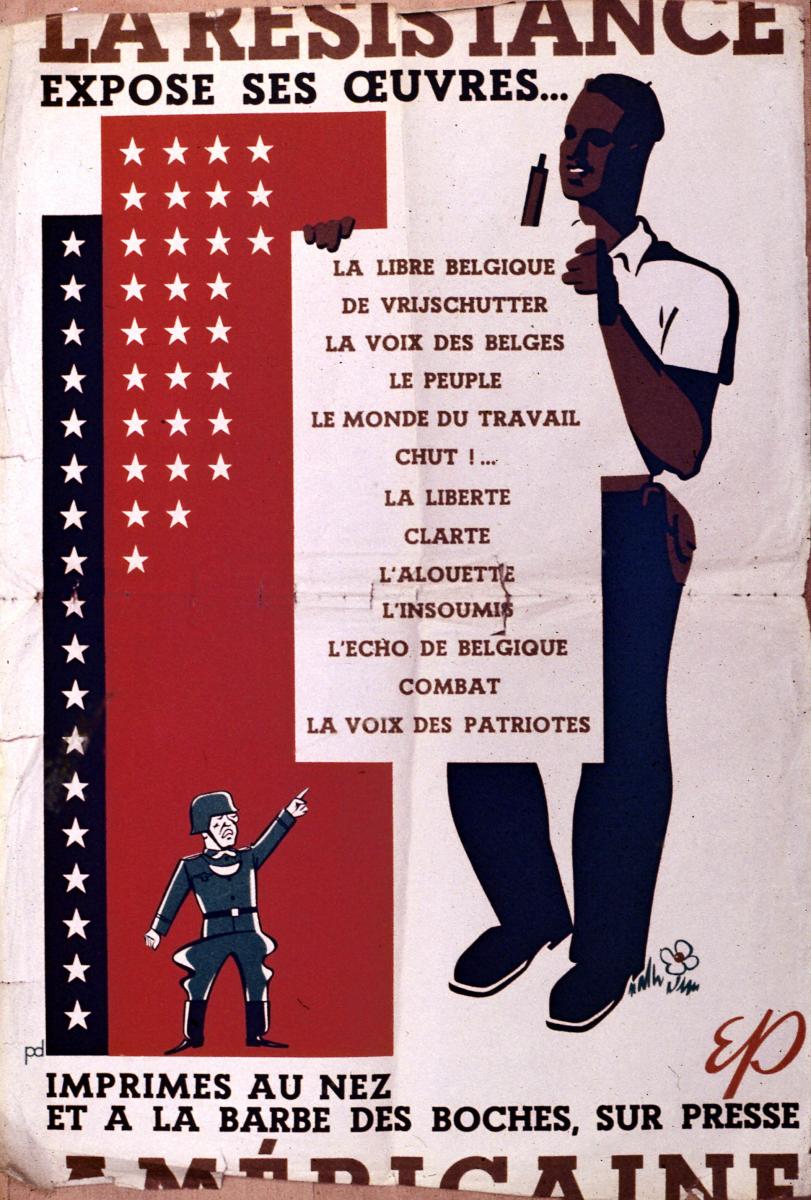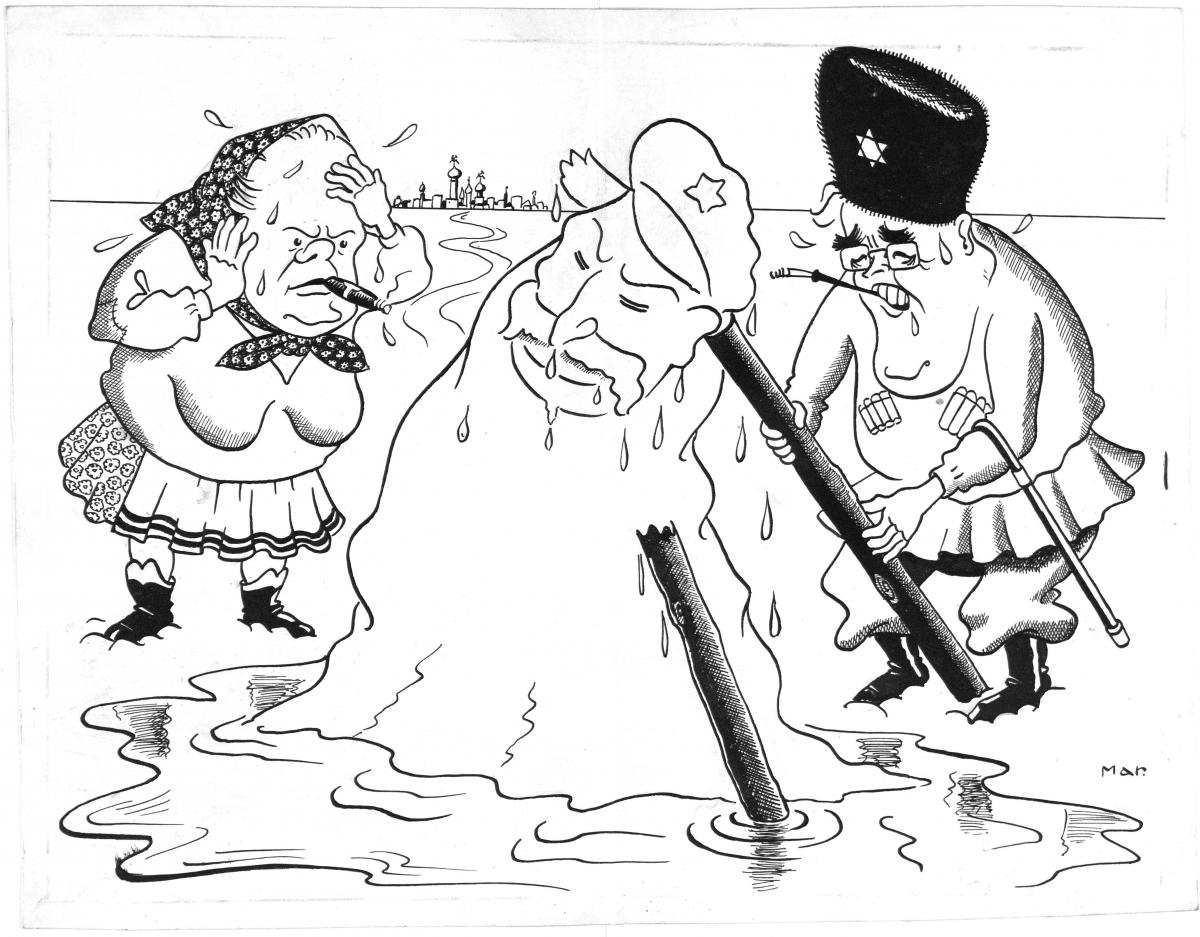The Belgian Press Digitized
The digitization of the Belgian newspapers of the two world wars is part of the project Digitization of the Belgian Press 1830-1950, financed by the Federal Science Policy (Belspo). The CEGESOMA, together with the Royal Library, responsible for carrying out this important cultural and national heritage project. The goal was to make the Belgian press digitally accessible to the public, interested civilians as well as researchers.
The Belspo-project
The project was subdivided in two parts. The largest part, carried out by the Royal Library, covers the periods from Belgian history with a free press regime. In fact, this covers the whole Belgian history with the exception of the two world wars. Belgium has always known a flourishing press tradition with many, often regional, titles of different political tendencies. In fact, apart from a few large neutral newspapers, most political groups and parties had their own newspaper.
The Royal Library
It was impossible to digitize all these newspapers, therefore the Royal Library chose to digitize more than fourty titles which offer a balanced overview of the Belgian newspapers between 1830 and 1950. In this way, French-language, Dutch-language and German-language newspapers of different political tendencies have been digitized, such as the neutral Le Soir, the socialist Vooruit and Le Peuple, or the liberal and national L’Indépendance belge.

The CEGESOMA
For the censored and clandestine newspapers of both world wars, the subproject of the CEGESOMA, a different approach was taken. Where this period is concerned, less pages needed to be digitized because of the lack of press freedom and the material problems, such as paper shortages. Therefore, the aim was to digitize the complete collection of the clandestine press and the censored dailies. The institution’s own collections possess the major part of the clandestine press from the Second World War and could be completed with the collections of many other collection holding institutions, federal (the Royal Library, the General Archives) as well as Flemish, Walloon and Brussels. Without the support of these institutions, this website and database could never have been realised. This cooperation has allowed the CEGESOMA to make a success of this important heritage project. The complete list of participating institutions can be viewed here.
The database of the war press
The result is not just a virtual collection of war press, but also an up to date catalogue of all known clandestine and censored newspapers of both world wars in Belgium in 2011. In the metadata of the database, the origin of the original is mentioned. The database of all censored and clandestine press of both world wars can be consulted on adapted terminals in the reading room of the CEGESOMA.

The Belgian War Press
Because of the restrictions imposed by the rights of the author, only the clandestine press of the two world wars and the censored press of the First World War can be consulted online on the site of The Belgian War Press. For this purpose, a search engine has been developed. You will find the different possibilities which this instrument offers here.
The consultation is not subjected to any limitations or conditions. You must however take into account that in certain cases you may be collecting personal data and therefore the rules for the protection of the privacy must be respected. Concerning historical research and the protection of the privacy, the Commission for the Protection of Privacy has produced an accessible brochure. We advise you to consult this brochure first, particularly if you consider publishing personal data from newspapers.


